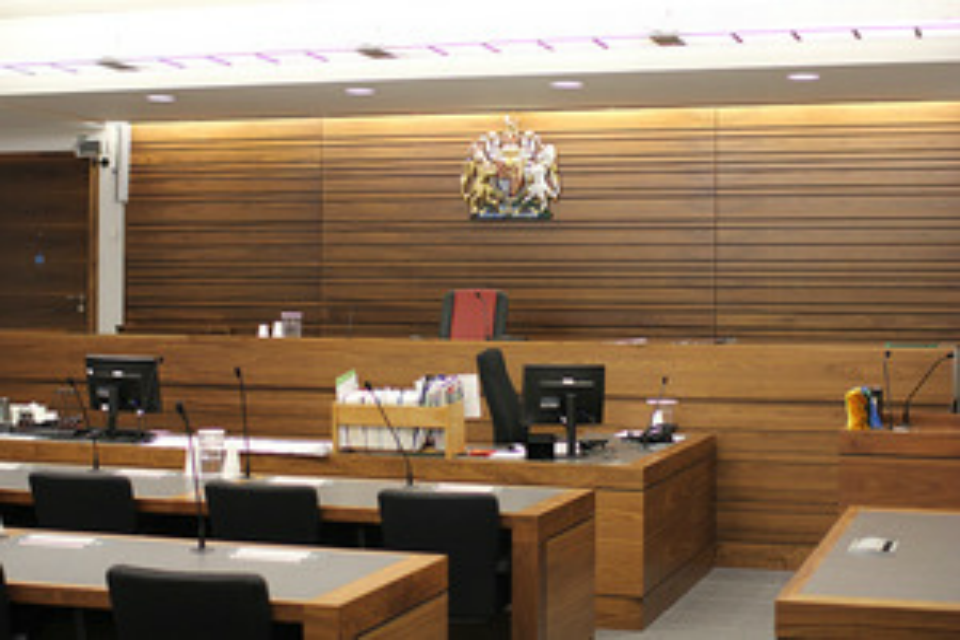Magistrates in the capital deploy paperless system developed by TfL and HMCTS
About 18,000 people each year are prosecuted of fare-dodging on Transport for London services Credit: PA
A digital sentencing system is helping bring swifter punishment to thousands more fare dodgers in London, the government has announced.
For prosecutions relating to the avoidance of fares on Transport for London (TfL) services, Lavender Hill Magistrates Court in Battersea has, since April this year, been using a paperless evidence-provision system developed by the capital’s transport authority, in conjunction with HM Courts and Tribunals Service (HMCTS).
Since the new process was implemented, TfL no longer has to deliver physical evidence to the court, but can send documents electronically. In turn, a magistrate and a legal advisor use a PC to consider the cases.
Since April, 4,200 cases have been heard this way, with 3,000 sentences handed out. The paperless system also allows TfL to hear of results immediately, and for penalties to be enforced more quickly.
Related content
- HM Courts and Tribunal Service leader discusses her mission to create the online court
- Interview: The Crown Prosecution Service’s digital transformation chief on his ‘user-centric’ mission
- Digitisation of the court system must not decrease access to justice
TfL and the court are planning to implement a fast-track process for guilty pleas and, ultimately an entirely online system for the whole process of penalising fare dodgers – about 18,000 of whom are prosecuted in London each year.
Siwan Hayward, TfL’s head of transport policing, said: “We have worked with HMCTS to streamline what has historically been a labour-intensive, paper-heavy process. The real-time aspect of the system results in court notices being issued within weeks of an offence and prosecutions are concluded sooner so individuals and businesses receive a faster resolution.”
Justice minister Dominic Raab added: “Using smart technology to punish fare dodgers swiftly and effectively is just one example of how our courts’ reform programme will strengthen the justice system. We are investing £1bbn to digitise the justice system – making it more accessible for all citizens, more sensitive for witnesses, and delivering better value for taxpayers’ money.”



